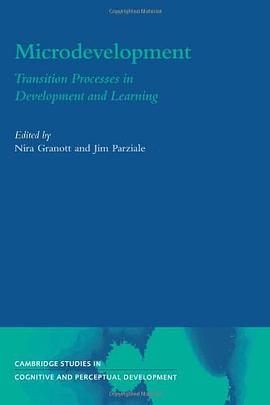

具体描述
The distinction between norms and facts is long-standing in providing a challenge for psychology. Norms exist as directives, commands, rules, customs and ideals, playing a constitutive role in human action and thought. Norms lay down 'what has to be' (the necessary, possible or impossible) and 'what has to be done' (the obligatory, the permitted or the forbidden) and so go beyond the 'is' of causality. During two millennia, norms made an essential contribution to accounts of the mind, yet the twentieth century witnessed an abrupt change in the science of psychology where norms were typically either excluded altogether or reduced to causes. The central argument in this book is twofold. Firstly, the approach in twentieth-century psychology is flawed. Secondly, norms operating interdependently with causes can be investigated empirically and theoretically in cognition, culture and morality. Human development is a norm-laden process.
作者简介
目录信息
读后感
评分
评分
评分
评分
用户评价
相关图书
本站所有内容均为互联网搜索引擎提供的公开搜索信息,本站不存储任何数据与内容,任何内容与数据均与本站无关,如有需要请联系相关搜索引擎包括但不限于百度,google,bing,sogou 等
© 2026 book.wenda123.org All Rights Reserved. 图书目录大全 版权所有




















